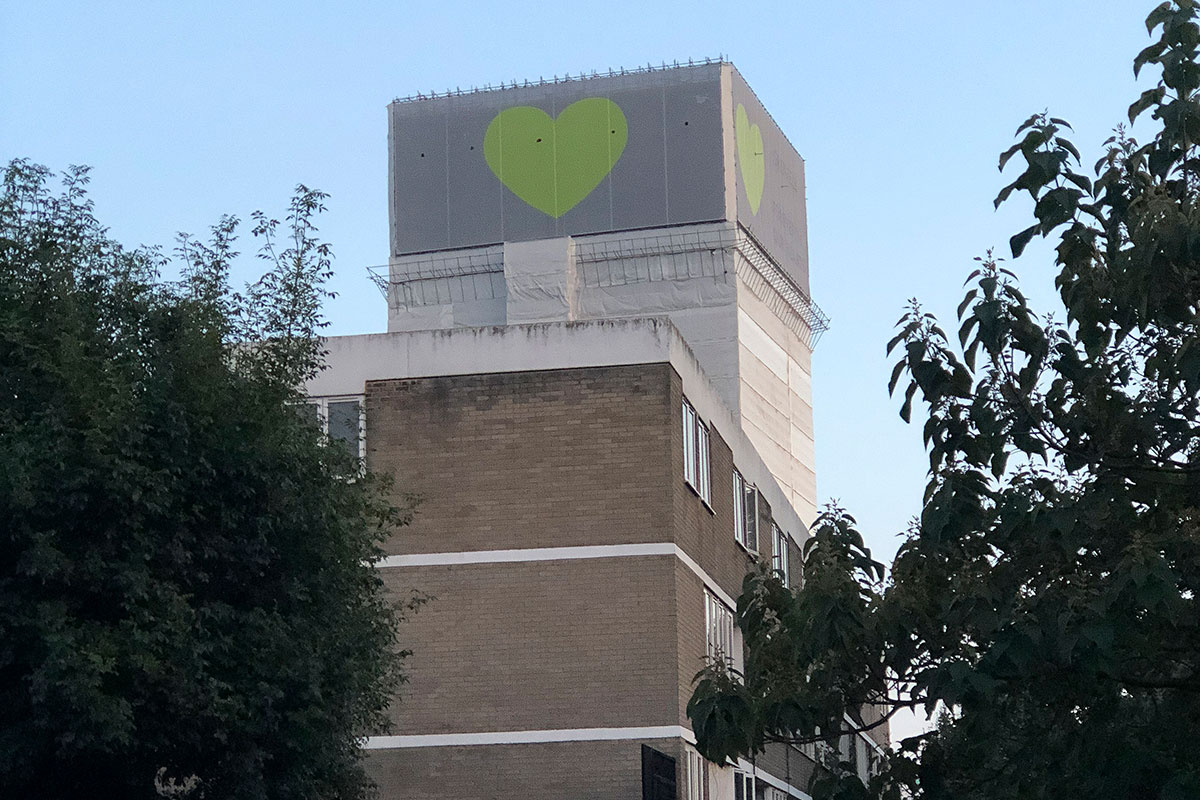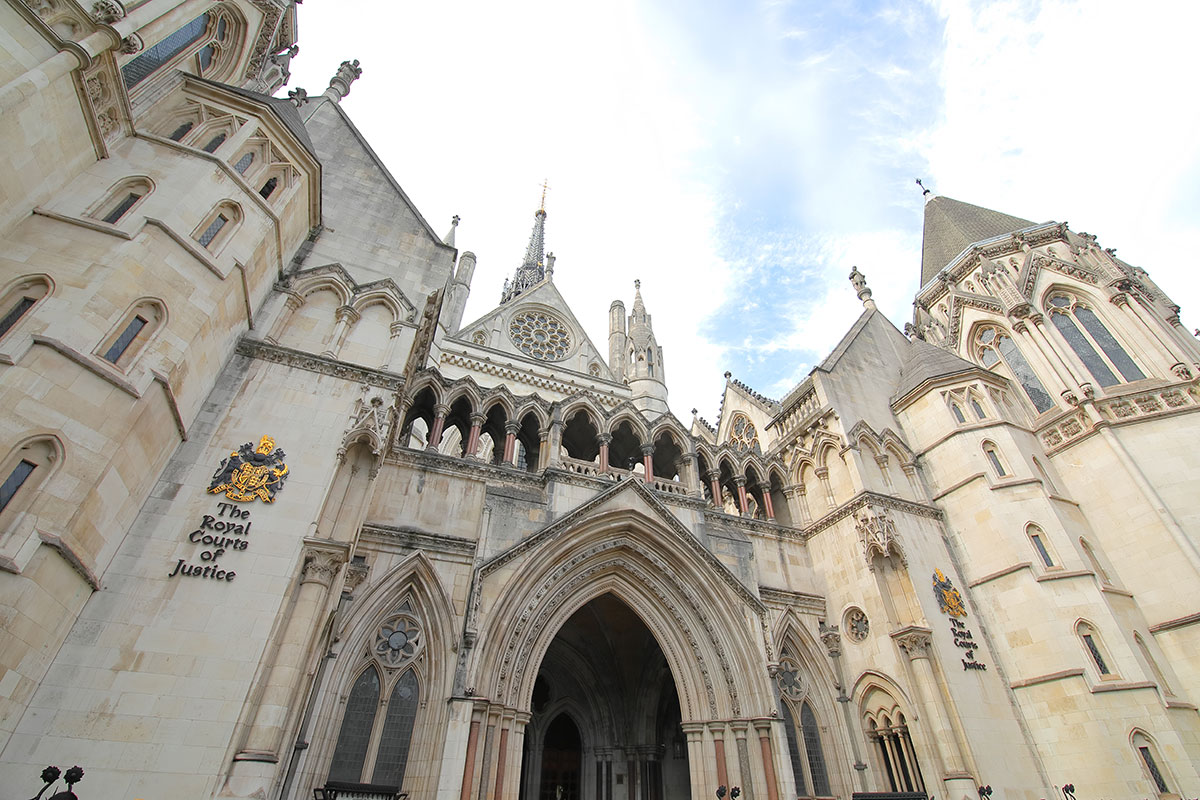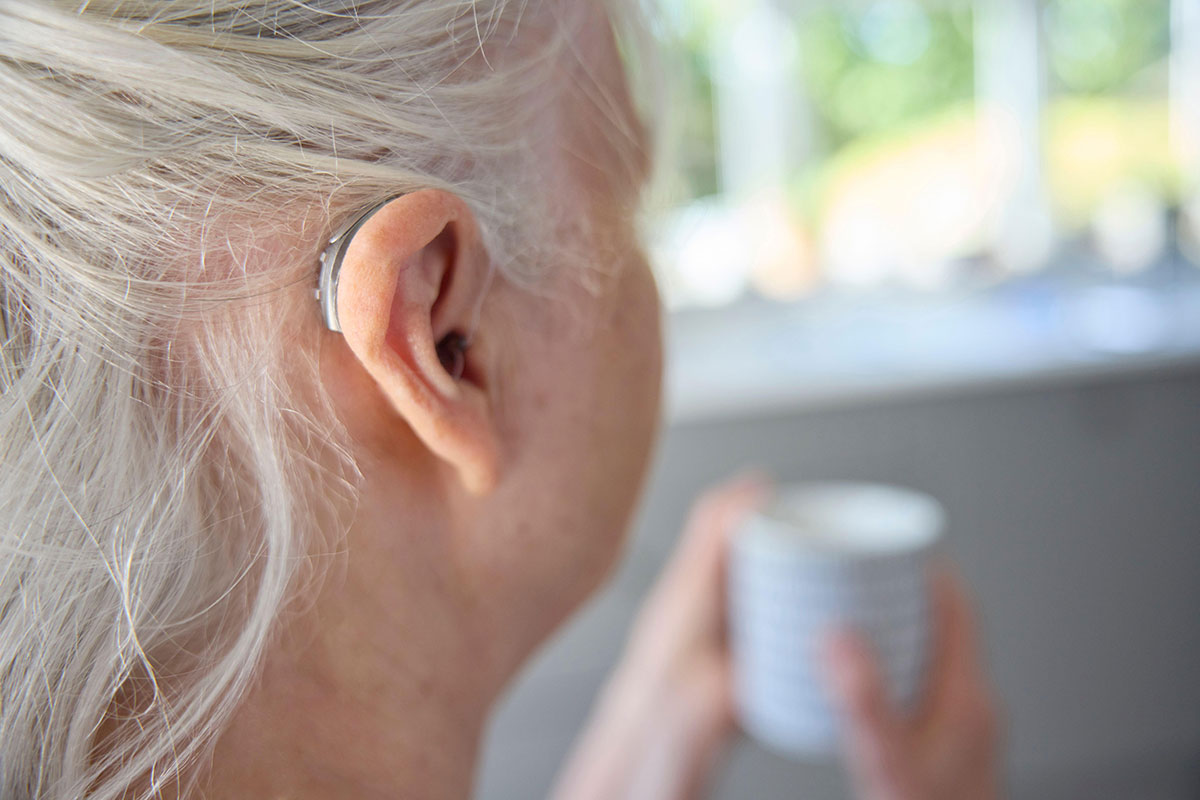Gove pledges to deliver on personal evacuation plans for disabled people
Housing secretary Michael Gove has told the House of Commons that he is working with the home secretary to deliver on one of the key recommendations from phase one of the Grenfell Tower Inquiry.
Speaking during a debate on building safety and social housing in the House of Commons yesterday, Mr Gove said he was working on the remaining five recommendations yet to be implemented following the inquiry’s phase one report.
One of the outstanding key recommendations is the implementation of personal emergency evacuation plans (PEEPs) for disabled people.
The government committed to implementing all the recommendations in full in 2019.
Mr Gove said: “So far, we have implemented 10 of the 15 recommendations focused on central government; a significant amount has been done, but there is more to do.
“The remaining five recommendations are in progress, and I continue to work closely with the home secretary to make sure that we deliver on all of them, particularly the recommendation to mandate personal emergency evacuation plans – PEEPs – for disabled residents.”
He added: “One feature of the Grenfell tragedy was the way in which those living with disabilities were particularly vulnerable.”
He reiterated this commitment in response to a question from Labour MP Richard Burgon on how the government can really claim that it is doing everything possible to prevent another tragedy like Grenfell when fewer than one in five high-rise social housing blocks have been retrofitted with sprinklers or fire alarms.
Mr Burgon was citing Inside Housing’s latest research on this issue, which revealed that only 18.9% of high-rise social housing blocks have been fitted with sprinklers and only 12% with fire alarms six years on from the Grenfell Tower fire.
Mr Gove said: “I was reflecting, just before that very helpful intervention, on the particular fate that disabled residents faced at Grenfell, and the vital importance of making sure that we have personal emergency evacuation plans in place. I hope to be able to update the house with the home secretary in due course.”
The government announced in a consultation document in May last year that it does not believe it is “proportionate” to follow the PEEPs recommendation and will continue to place its faith in ‘stay put’ advice in most buildings.
It concluded that the “evidence base for PEEPs is not sufficient to mandate their implementation in high-rise residential buildings at this stage”.
The Grenfell fire killed 72 people, 15 of whom were disabled, meaning it killed 41% of the disabled residents of the tower. None of those disabled people had been provided with PEEPs.
Instead of implementing the PEEPs recommendation, the government launched a new consultation on emergency evacuation information sharing, or EEIS, which looks at sharing the location of disabled residents with fire services.
But even this will only apply to buildings known to have serious fire safety issues, under the government’s proposals.
As a result of this announcement, the Cladding Leaseholder Disability Action Group (Claddag) applied for a judicial review, which it was granted in September.
In December, the High Court heard how the government had decided to reject the key Grenfell Tower Inquiry recommendation nine months before it told the public and without completing its consultation.
It emerged that by 22 September, an options paper to then-fire safety minister Lord Greenhalgh did “not even include delivering the PEEPs recommendations… in full as an option for consideration”.
This was confirmed by internal records on the decision-making process disclosed by the government to the court.
It also emerged that Lord Greenhalgh, an unelected peer appointed to the role by former prime minister Boris Johnson, asked that the decision not be communicated to the public in February.
But during the next day in court, Alan Payne KC, on behalf of the Home Office, said that despite what the government said in May, “there has been no decision on PEEPs”.
Both the Home Office and the Department for Levelling Up, Housing and Communities have been asked for an update on this issue following Mr Gove’s remarks yesterday.
Sign up for our fire safety newsletter
Already have an account? Click here to manage your newsletters













